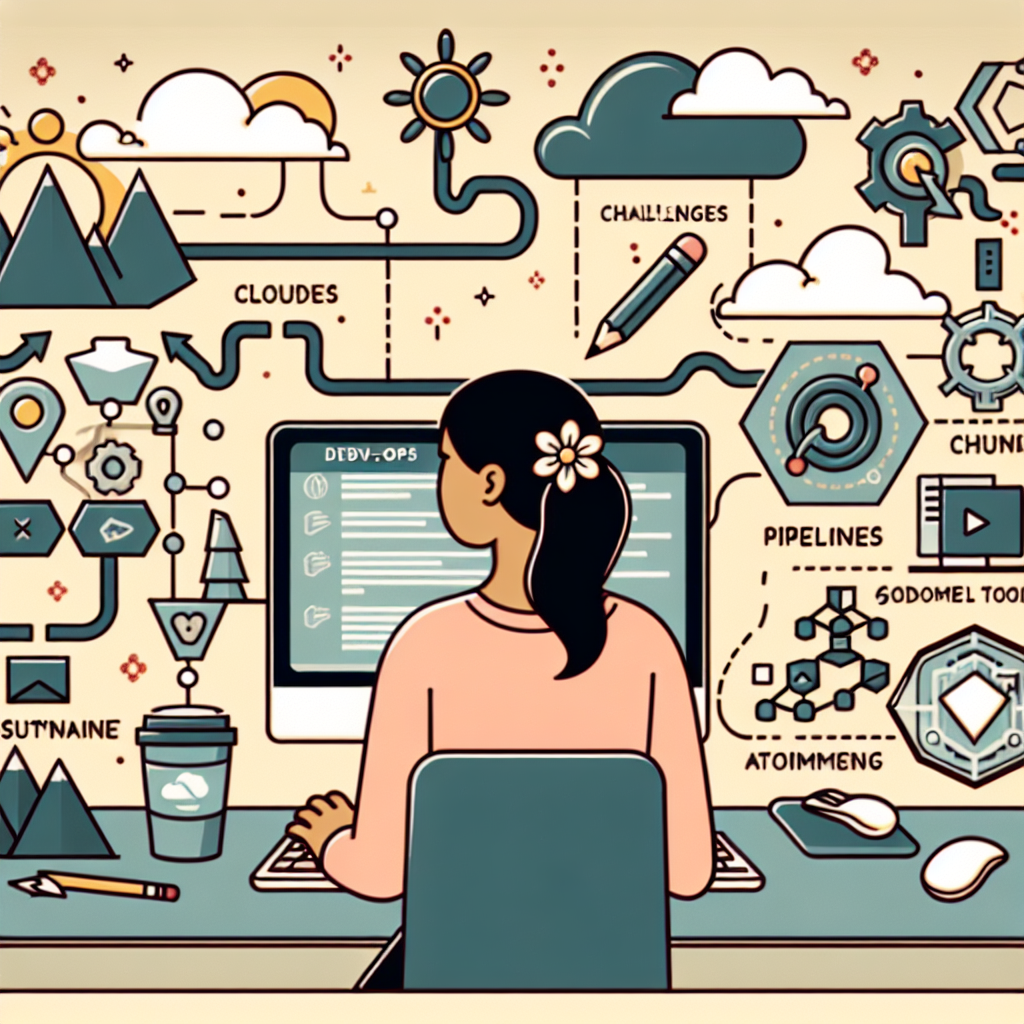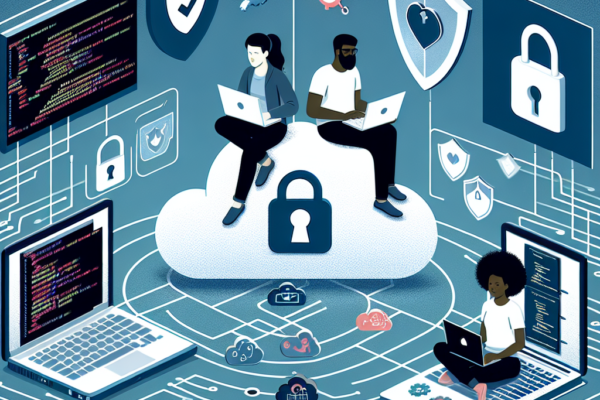Becoming a DevOps engineer is an exciting journey, one that blends the technical prowess of software development with the strategic mindset of operations. In my first year as a DevOps engineer, I’ve learned a plethora of lessons that have shaped my approach to both my work and my career. This article delves into the key takeaways from my initial year in this dynamic and evolving field, providing insights and tips that could be invaluable for anyone embarking on a similar path.
Introduction to DevOps
DevOps is a cultural and technical approach aimed at improving collaboration and communication between development and operations teams. It emphasizes the importance of automation, continuous integration, and continuous deployment (CI/CD), as well as fostering a mindset of reliability and efficiency. For those transitioning into DevOps, this year has been a blend of learning, adapting, and growing.
Lesson 1: Embrace the Learning Curve
One of the most significant challenges I faced in my first year was the steep learning curve. DevOps encompasses a wide array of tools, technologies, and methodologies. From Docker and Kubernetes to Jenkins and Terraform, the list can be overwhelming. However, the key to success is to embrace this learning curve with enthusiasm. Start with the basics and gradually build your knowledge. Online courses, tutorials, and community forums are invaluable resources. Consistent learning and hands-on practice will ensure you stay current and proficient.
Lesson 2: Automation is King
Automation is at the heart of DevOps. It enables teams to streamline processes, reduce manual errors, and increase deployment frequency. I quickly realized that manual tasks are not scalable and can lead to burnout. Tools like Ansible, Puppet, and Chef are essential for automating infrastructure management. Jenkins and GitLab CI/CD pipelines are crucial for automating the build and deployment processes. Embracing automation not only makes your job easier but also enhances the overall efficiency of your team.
Lesson 3: Communication is Key
DevOps is as much about people as it is about technology. Effective communication is crucial for fostering collaboration between development and operations teams. I learned the importance of clear, concise, and timely communication. Daily stand-ups, sprint planning, and retrospectives are vital practices. Using tools like Slack and Microsoft Teams can help keep everyone on the same page. Additionally, documenting processes and decisions ensures that knowledge is shared and accessible.
Lesson 4: Practice Continuous Improvement
DevOps is a continuous journey of improvement. No matter how well things are working, there is always room for optimization. I adopted the habit of regularly reviewing and refining processes. Metrics and monitoring tools like Prometheus and Grafana are invaluable for identifying areas of improvement. Implementing feedback loops and encouraging a culture of continuous learning and improvement are key to long-term success.
Lesson 5: Security Should Not Be an Afterthought
Security is a critical aspect of DevOps. It should be integrated into every stage of the development and deployment process, not just at the end. I learned to prioritize security by implementing practices like Infrastructure as Code (IaC), where security configurations are version-controlled and auditable. Tools like OWASP ZAP and SonarQube can help identify and mitigate security vulnerabilities. Regular security audits and training sessions are also essential for maintaining a secure environment.
Lesson 6: Embrace the Cloud
The cloud is the backbone of modern DevOps practices. Understanding and leveraging cloud platforms like AWS, Azure, and Google Cloud Platform (GCP) is essential. I spent a significant amount of time learning about cloud services, such as AWS S3, EC2, and RDS, as well as Azure DevOps and GCP Cloud Build. Cloud-native technologies like Kubernetes and Serverless architectures offer powerful ways to manage and scale applications. Embracing the cloud not only enhances scalability and reliability but also reduces infrastructure costs.
Lesson 7: Containerization is a Game-Changer
Containerization with Docker and orchestration with Kubernetes have revolutionized the way applications are developed and deployed. Containers provide a consistent and isolated environment for applications, making them portable and scalable. I learned to containerize applications and manage Kubernetes clusters. Tools like Helm and Kustomize can simplify the deployment and management of complex applications. Containerization also facilitates the adoption of microservices architecture, which can greatly improve application scalability and resilience.
Lesson 8: Monitoring and Logging Are Non-Negotiable
Monitoring and logging are essential for maintaining the health and performance of your applications. I implemented logging solutions like ELK Stack (Elasticsearch, Logstash, Kibana) and monitoring tools like Prometheus and Grafana. These tools provide real-time insights into application performance and help identify and resolve issues quickly. Setting up alerts and dashboards ensures that you are always aware of the system’s status.
Lesson 9: Foster a Culture of Ownership
In DevOps, everyone is responsible for the success of the project. Fostering a culture of ownership encourages team members to take initiative and accountability. I promoted this culture by ensuring that each team member had a clear understanding of their role and responsibilities. Recognizing and rewarding proactive behavior and problem-solving skills can greatly enhance team morale and productivity.
Lesson 10: Stay Adaptable and Flexible
Technology and practices in DevOps evolve rapidly. Staying adaptable and flexible is crucial to keeping up with these changes. I learned to embrace new tools and methodologies without being too attached to the old ways. Being open to feedback and willing to make changes is essential for continuous improvement. Participating in industry conferences, webinars, and workshops can help you stay informed and inspired.
Conclusion
My first year as a DevOps engineer has been a transformative experience. Embracing the learning curve, prioritizing automation, and fostering effective communication are just a few of the lessons I’ve learned. Security, cloud adoption, containerization, monitoring, and a culture of ownership are also critical components of a successful DevOps practice. By staying adaptable and continuously improving, I have not only grown as an engineer but have also contributed to the success of my team. Whether you are just starting your DevOps journey or are an experienced practitioner, these lessons can help you navigate the challenges and opportunities that come with this exciting field.




